Shop Class as Soulcraft: An Inquiry into the Value of Work
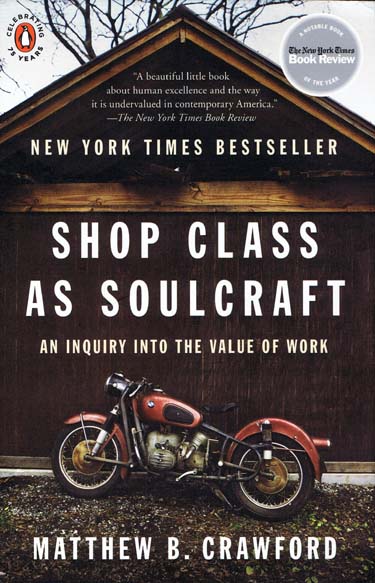 by Matthew B. Crawford
by Matthew B. Crawford
Whatever happened to shop class? There was a whole layer of practical education, from offerings in high school to vocational schools to enter practical trades. Matthew Crawford opened a small business in 2002 working as a self-employed motorcycle mechanic. He works on mostly older Japanese and European models—bikes with enough classic flair to draw a paying clientele. There’s nothing intrinsically strange about this, except the fact that he had just finished a Ph.D. in political philosophy at the University of Chicago only two years earlier. Shop Class as Soulcraft juxtaposes white collar trades and trade labor and investigates the hypothesis that, after undertaking years of education, some of us remain unfulfilled in our white-collar office-based careers. Further, our society points to higher education and a corporate career path as the road to respectability and prosperity. But, is the knowledge worker intrinsically more valuable than the trades/craftsperson? And even if it is so, should it be so?
Crawford’s premise is sensible. The work of a motorcycle mechanic is predominantly based on his success in fixing the bike he’s working on. If it runs, he has done his job—there is a tangible physical result that is immediately measureable and the reward is a job well-done and a satisfied (paying) customer. In an office, the middle manager does not have such concrete measures of success, so his exposure to performance evaluation is based more on his ability to navigate through the social structure of his work environment. This “less-objective” quality tends to create a feeling of angst and, ultimately, dissatisfaction on the job. Consider the even more extreme example of the upper-echelon corporate executive who reaps staggeringly huge financial rewards even while the company or industry for which he works demonstrates sub par performance. Compensation, then, is neither indicative of objective value produced nor subjective satisfaction gained.
The book sets out to build the supporting/contrasting narrative. If it were only an academic exercise, wading through a string of analytical arguments would be a little artificial. However, since this is the author’s own story, that is, one who found disillusionment in the work he got as a Ph.D. and satisfaction in working on motorcycles in his own shop, the book resonates on a more tangible, direct basis. By the same token, this is like playing chess with yourself—sooner or later you must commit to one side or the other, and it would be a valid criticism to suspect that the author chose the side of himself as the motorcycle repairman as a self-validation of that decision.
On the other side, depending on the white collar job in question, tangible performance and product delivery is a measureable event (e.g., witness the accountant who prepares a balance sheet.) When all is said and done no single argument is totally persuasive, but in going through the book, the narrative, overall, is compelling and thought provoking. We need to have this dialogue as a society, but more importantly, with ourselves. And, no matter which you yourself come down on, accept that the thought process and its outcome will be subjective; there is not going to be one-size-fits-all answer
Interestingly, the book has an extensive index. Publishers Weekly named it as one of the top ten books of 2009. Also available as softcover (ISBN 978-0-14-311746-9).
Copyright 2011, Rubén Verdés (speedreaders.info).


 RSS Feed - Comments
RSS Feed - Comments




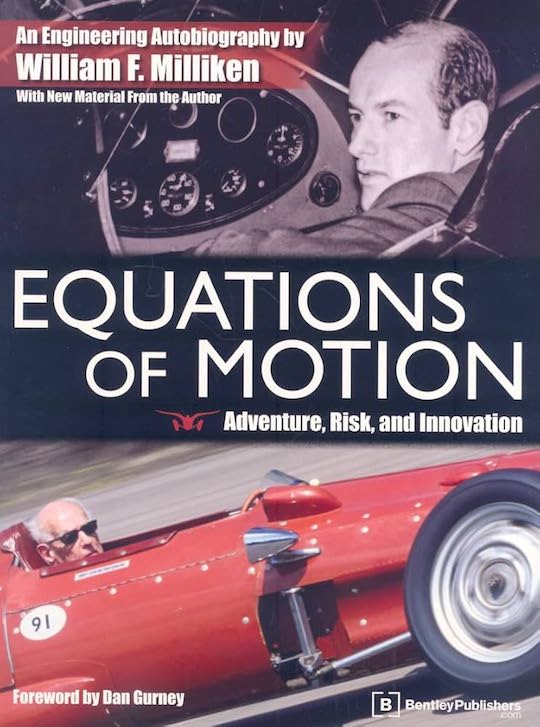







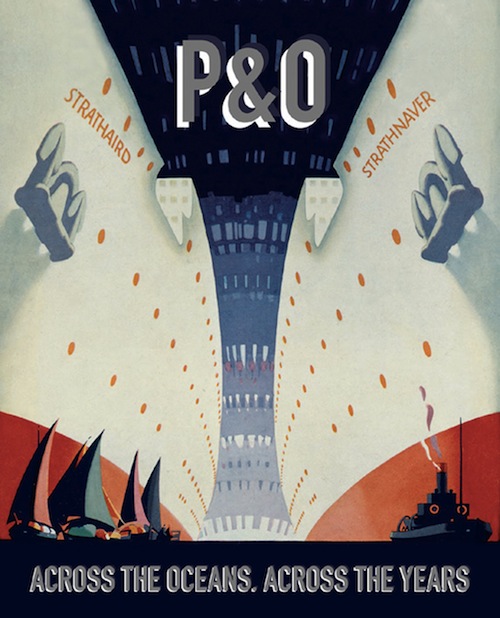




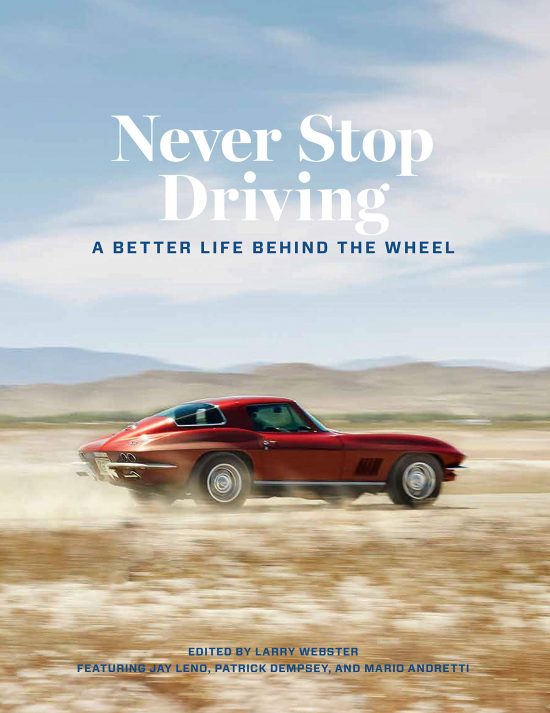
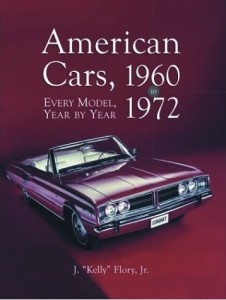





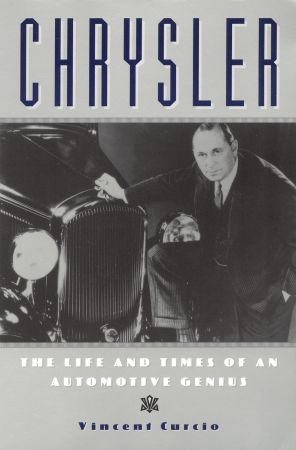



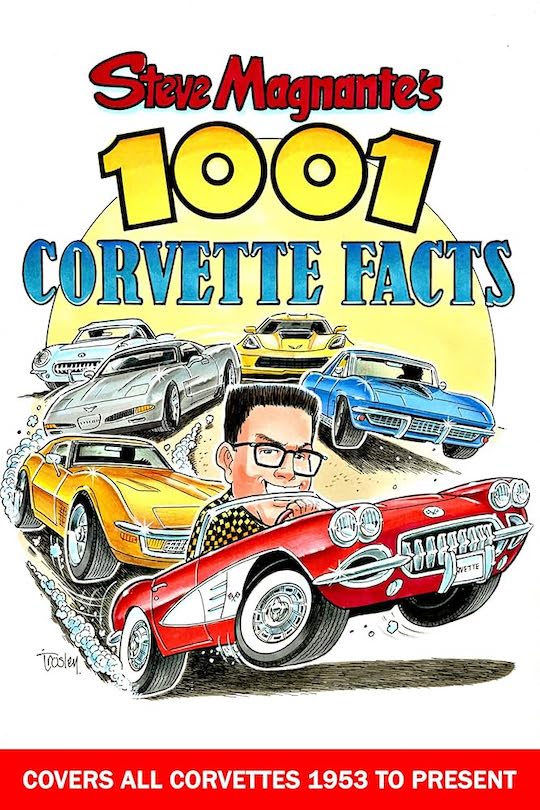


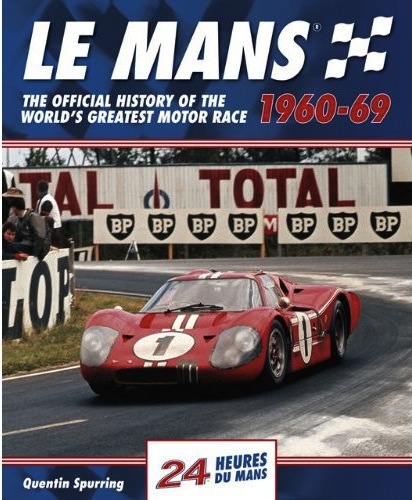
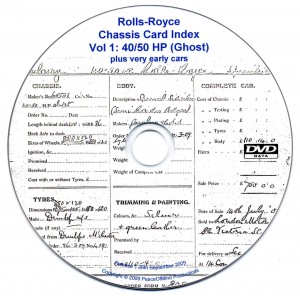











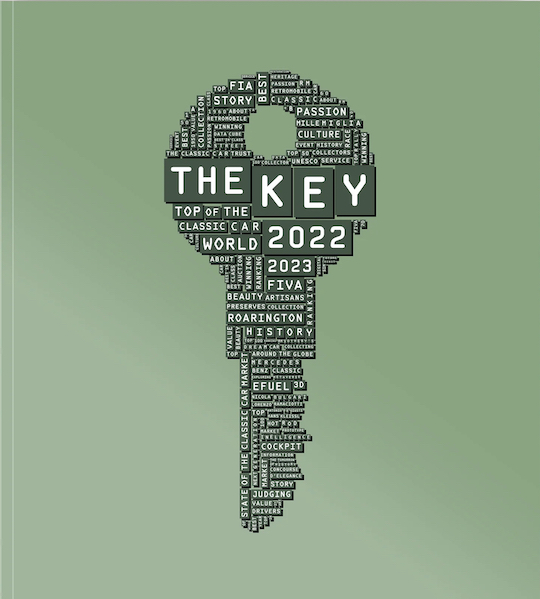













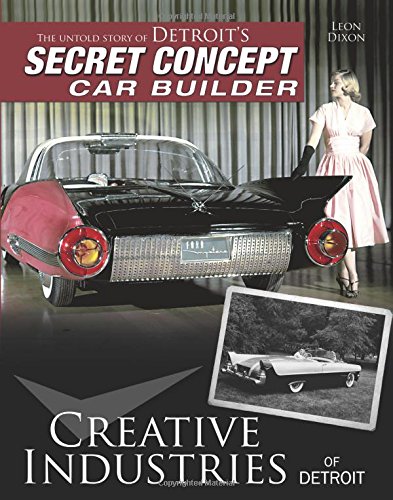
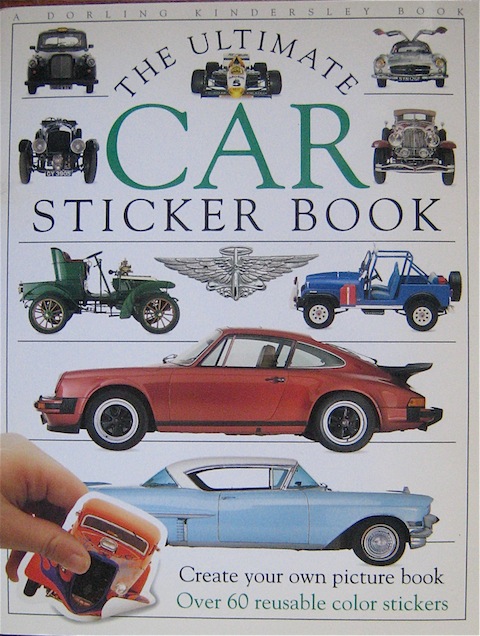




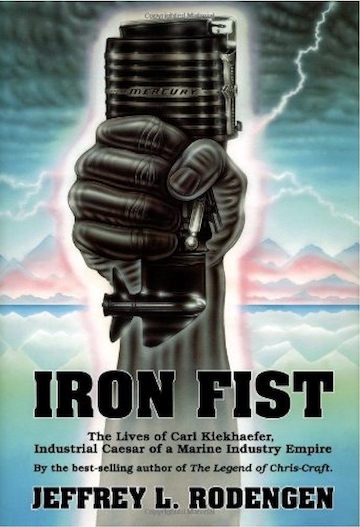





 Phone / Mail / Email
Phone / Mail / Email RSS Feed
RSS Feed Facebook
Facebook Twitter
Twitter